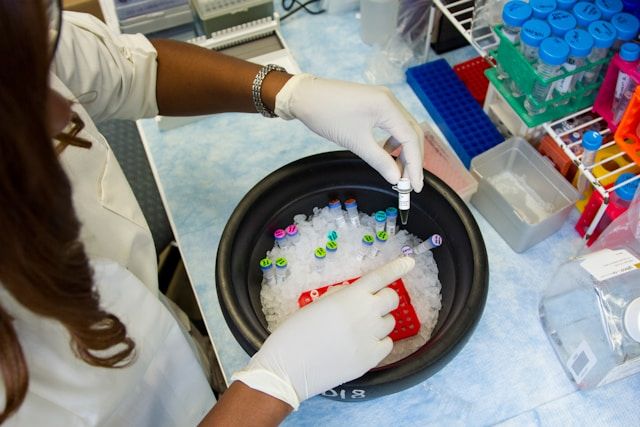“A lot of the new thinking is, if it’s good for your heart, it’s good for your brain,” says Dr. Gregory Jicha, a neurology professor at the University of Kentucky. “That’s a simple way for us to remember: things like cholesterol and exercise that prevent heart disease also prevent wear and tear on the brain.”
According to the CDC, about 25 million Americans have high levels of cholesterol. Another 86 million people have elevated levels considered borderline high. Cholesterol build up damages the blood vessels and increases blood pressure. As a result, high levels of cholesterol increase the chances of developing dementia.
Two in every five cases of dementia were preventable. High cholesterol was one of the eight most important modifiable risk factors. Buildup of cholesterol plaques can damage the blood vessels in the brain. The authors of a 2021 study published in Lancet Health Longevity on the link between cholesterol and dementia noted that: “In people with cholesterol measured below age 65 the risk of dementia being diagnosed more than 10 years later was about 60 percent higher in those with LDL cholesterol levels above 200 mg/dL (5.17 mmol/L) compared to those with levels less than 100 mg/dL (2.6mmol/L).”
The good news is that if you’re worried about high cholesterol, it’s possible to get it under control. Here are three ways to get started.
1. Make smart dietary changes
Eating a healthy diet can improve brain health through a variety of mechanisms. The MIND diet is one such culinary powerhouse known to lower blood pressure and cholesterol, and dementia risk. This diet consists of a hefty serving of vegetables, berries, whole grains, beans, legumes, fish, and poultry.
In addition, eating a MIND diet means cutting down on red meat, and cheeses. Limiting junk food is another way to cut out unhealthy, high cholesterol foods from the diet.
2. Get the heart pumping
Many people don’t know that exercise can also lower the levels of cholesterol. In particular, moderate exercise like jogging increases the levels of good HDL cholesterol. More intense exercise also lowers bad LDL cholesterol levels. Getting the heart pumping as much as possible will help reduce the risk of dementia.
3. Talk to your doctor about cholesterol-lowering medications
There are two types of cholesterol: the LDL form which is considered “bad” cholesterol and the HDL form which is considered good.
Certain drugs for cholesterol lower the levels of overall cholesterol and LDL cholesterol. Other drugs can help keep HDL cholesterol high.
One type of drug often prescribed for high levels of overall cholesterol, statins, reduces the amount of cholesterol produced in the liver while helping remove the cholesterol in the blood.
In turn, studies on statin and dementia have found they appear to reduce a person’s risk of developing Alzheimer’s and other forms of dementia.
There might be more going on here: Scientists are still working to learn the extent to which this class of drugs interacts directly with the brain. What they’ve seen so far: Some statins appear to reduce Alzheimer’s risk by as much as 20 percent.
Fibrates are aAnother important class of cholesterol-lowering drugs. Jicha is currently running clinical trials testing whether they slow amyloid buildup in the brain, halting the progression of Alzheimer’s.
As with any prescription drug, however, doctors and patients need to weigh the potential benefits of statins and fibrates against their side effects. Some experts say their risks are overhyped. “These drugs really do save lives,” Dr. Heather Ferris, a clinical endocrinologist and scientist at the University of Virginia told Being Patient of statins. “I can’t tell you how much time we spend as physicians trying to get cardiac patients back on their statins because of the clickbait they read.”























